New Delhi is the capital of India and a part of the National Capital Territory of Delhi (NCT). New Delhi is the seat of all three branches of the government of India, hosting the Rashtrapati Bhavan, Parliament House, and the Supreme Court of India. New Delhi is a municipality within the NCT, administrated by the NDMC, which covers mostly Lutyens' Delhi and a few adjacent areas. The municipal area is part of a larger administrative district, the New Delhi district.
Although colloquially Delhi and New Delhi are used interchangeably to refer to the National Capital Territory of Delhi, both are distinct entities, with both the municipality and the New Delhi district forming a relatively small part of the megacity of Delhi. The National Capital Region is a much larger entity comprising the entire NCT along with adjoining districts in neighbouring states, including Ghaziabad, Noida, Gurgaon and Faridabad.
Bachelor of Engineering in New Delhi, or BE, is an undergraduate program that focuses on the engineering aspects of science and theory. The BE program lasts for 4 years. However, the length of online bachelor of engineering programs in New Delhi can vary from 1 month to 1 Year depending on which institution they are taking. Candidates who wish to study bachelor of engineering will need to have completed their 10+12 or equivalent at a recognized institution with Physics, Chemistry, and Mathematics (PCM or PCB).
Online and distance learning options are available for Bachelor of Engineering (BE) programs in New Delhi . The following institutions offer admissions to candidates who have completed a bachelor of engineering programs: Indian Institute of Technology Dhanbad, Indian Institute of Technology Vellore, Vellore Institute of Technology, and Indian Institute of Technology Indore. Indian Institute of Technology Varanasi, Indian Institute of Technology Varanasi, Institute of Chemical Technology Amrita Vishwa Vidyapeetham University. Jadavpur University.
Bachelor of Engineering (BE): Application Process in New Delhi
The BE (Information Science and Engineering) in New Delhi course admission is based on the common entrance test as well as a merit-based selection process (in some colleges/institutes).
* Admission to top Engineering Institutes in New Delhi and others like IITs and NITs is based upon the JEE Advanced or JEE Main.
* Most of the Universities/Colleges in New Delhi and others conduct a common entrance test for admission into B.E Information Science and Engineering (like BITSAT) or some of the colleges/universities also take admissions through commonly held entrance exams like JEE Main, UPSEE, JEE Advanced. Students should continue to visit the official website for information about these entrance exams.
* Students who score well on the entrance exams are admitted based on their merit.
* The colleges/universities prepare the merit list based on the marks obtained in the entrance exam and then the selected students are invited for the counseling process.
* Students are allocated seats at the college or university after the counseling process. At the time of admission, students will be asked to pay the required documents and course fees.
* The admission procedure is almost similar in all Engineering colleges/universities.
Eligibility Criteria for a Bachelor of Engineering in New Delhi
These are the eligibility requirements for admission to BE:
* Minimum Qualification Required to Apply for BE: Candidates should have passed class 10+2 from a recognized Board.
* Minimum aggregate marks required for candidates applying in BE in New Delhi : Interested applicants must score at least 50% in aggregate. The minimum mark required to apply for BE is at least 50%. It varies from college to college.
* Candidates must not exceed the age limit when applying for BE courses. Only a few colleges or entrance exams have the ability to place a restriction on the age of those who wish to be admitted to B.E programs. Candidates must be at least 18 years old. The maximum age for candidates should not exceed 24 years old as of the date of the examination.
Types of Bachelor of Engineering in New Delhi
The Bachelor of Engineering (BE) course in New Delhi itself is a theoretical course. This is an undergraduate degree program that allows students to select specializations in order to have better career prospects. There are many classifications, such as.
* Full-time Bachelor Of Engineering in New Delhi
* Part-Time Bachelor Of Engineering in New Delhi
* Distance Bachelor Of Engineering in New Delhi
Entrance Exams for Bachelor of Engineering in New Delhi
India has a variety of entrance exams. They are divided into three levels: national, state, and university. JEE Main and JEE Advanced are the national-level Bachelor of Engineering entrance tests in New Delhi . University-level exams include BITSAT, VITEEE, and SRMJEEE. The following information is available about these exams.
1. JEE Main:
NTA, the national testing agency in India, conducts the Joint Entrance Examination. It is used to admit NIT, IIITs, and other top Indian institutions.
2. JEE Advanced:
JEE Advanced is required for admission to IITs and the Indian Institute of Technologies. Candidates below the rank of 2.5 Lakhs can apply for JEE Advanced.
3. WBJEE:
The West Bengal joint entrance exam board conducts the WBJEE. It is used to admit undergraduate students in Bachelor of Engineering programs in New Delhi .
4. MHT CET:
The state common entrance test cells of Maharashtra conduct the MHT CET. The exam will be conducted on the basis of the 11 and 12 syllabus.
5. AP EAMCET:
Jawaharlal Nehru Technological University Kakinada conducts the Andhra Pradesh Engineering, Agriculture, Medical, Common Entrance Test (AP EAMCET) for admission to Engineering, Agriculture, and Medical.
6. BITSAT:
The Birla Institute for Technology and Science –Pilani conducts BITSAT for students interested in applying to the Hyderabad, Goa, and Pilani campuses.
7. VITEEE:
The Vellore Institute for Technology conducts VIT for those who are interested to apply for admissions at the Vellore or Chennai campuses.
8. KCET:
Karnataka Common Entrance Test, or KGUCET, is an entrance exam that the Karnataka government conducts to determine eligibility for admission to undergraduate courses.
9. SRMJEEE:
SRM University conducts the SRMJEEE for applicants who wish to be admitted to Bachelor of Engineering in New Delhi at various campuses. Admissions are based on entrance exams and merit. The seats are allocated based on merit and choice filling.
Different Specializations: BE Syllabus in New Delhi
Below is a table that lists the top Bachelor of Engineering specializations in New Delhi : B.E. in Software Engineering; B.E. in Electrical and Computer Engineering. B.E. in Electronics Engineering. B.E. in Computer Science and Engineering. B.E. in Mechanical Engineering. B.E. in Civil Engineering.
Specializations in BE Courses
B.E Course Specialisations
B.E. Software Engineering
B.E. in Chemical Engineering
B.E in Industrial Engineering
B.E. in Mining Engineering
B.E. Aerospace Engineering
B.E. in ECE/Electronic Engineering
B.E. in Clean Technology
B.E. in Agricultural Engineering
B.E. in Mechanical Engineering
B.E in Petroleum Engineering
B.E. in Instrumentation Engineering
B.E. in Computer Science and Engineering
B.E. in Electrical Controls Engineering
B.E. in Biological Engineering
B.E. in Robotics and Automation Engineering
B.E. in Textile Engineering
B.E. in Marine Engineering
B.E. in Geological Engineering
B.E. Automotive Engineering
B.E. in Leather Engineering
B.E. in Nuclear Engineering
B.E. in Mechanical Engineering
B.E. Systems Engineering
B.E. in Civil Engineering
B.E in Industrial Engineering
After completing B.E there are many career options
This domain graduates have great potential in many sectors. They are hired by recruiters for their theoretical and technical expertise. Engineering graduates earn a high salary. While salaries may vary between companies, they all offer a salary based on marks, aptitude tests, and interviews.
Graduates may have opportunities in many fields and different designations. Below are some examples of profiles that students can create after graduation.
Software Developer
Data Analyst
Database Administrator
IT System Manager
Software Engineer
Business Analyst
Assisting Engineers
The best recruiters for B.E. Students in New Delhi
Students who have completed their BE in New Delhi can apply for jobs in many sectors. Students can be recruited from any sector, including government and private. Many companies hire engineers for their theoretical and technical knowledge. These are the top recruiters for the B.E. Below are the top recruiters for the B.E.
Top Recruiters: Microsoft and Google, TATA Consultancy Services(TCS), Cognizant Tech Solutions Corporation (CTS), Infosys), Apple, ISRO/Intel, Tech Mahindra/IBM Global Services, and HCL Technologies. Accenture Services. Morgan Stanley, Symex, ITC Limited., Amazon, Siemens. Larson & Toubro. JP Morgan. HSBC.
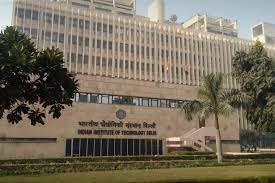
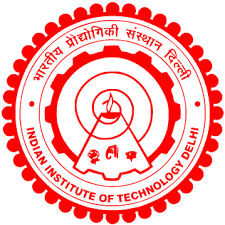








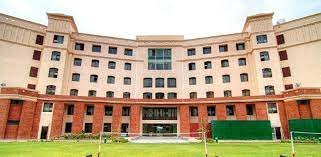
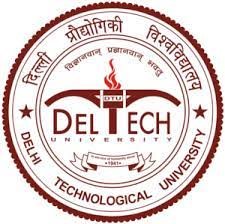

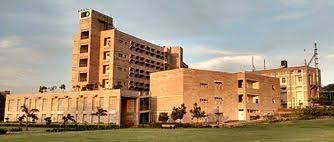


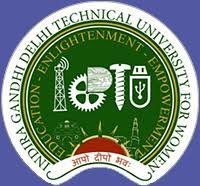
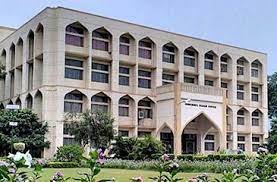

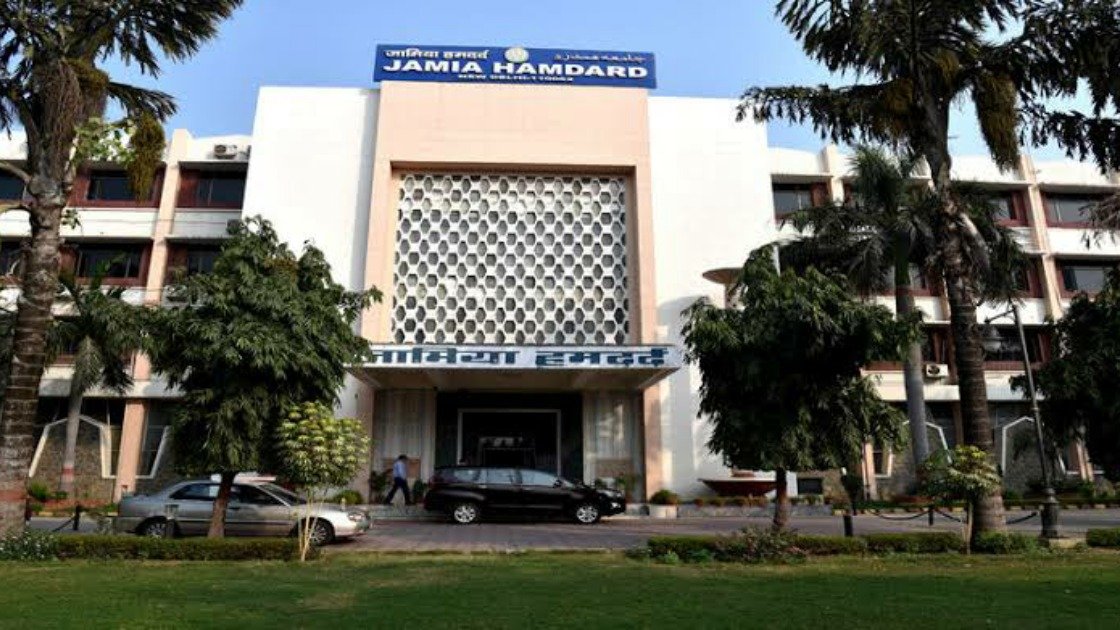




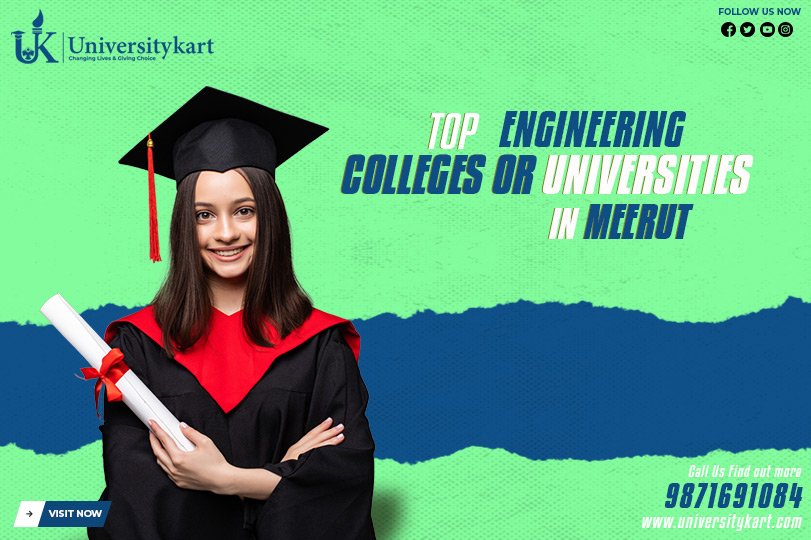




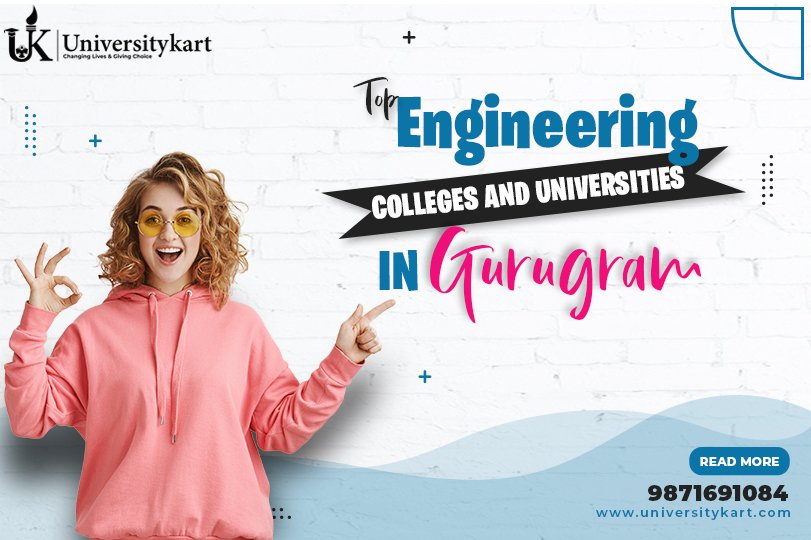
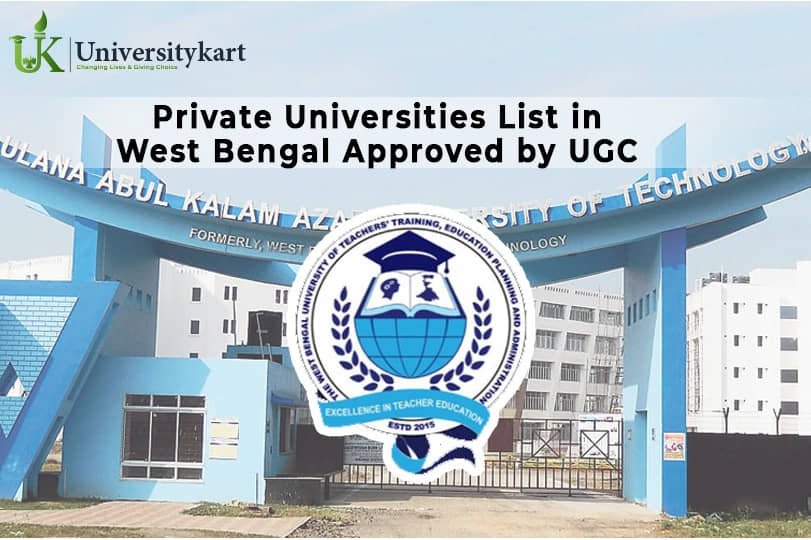

 back
back